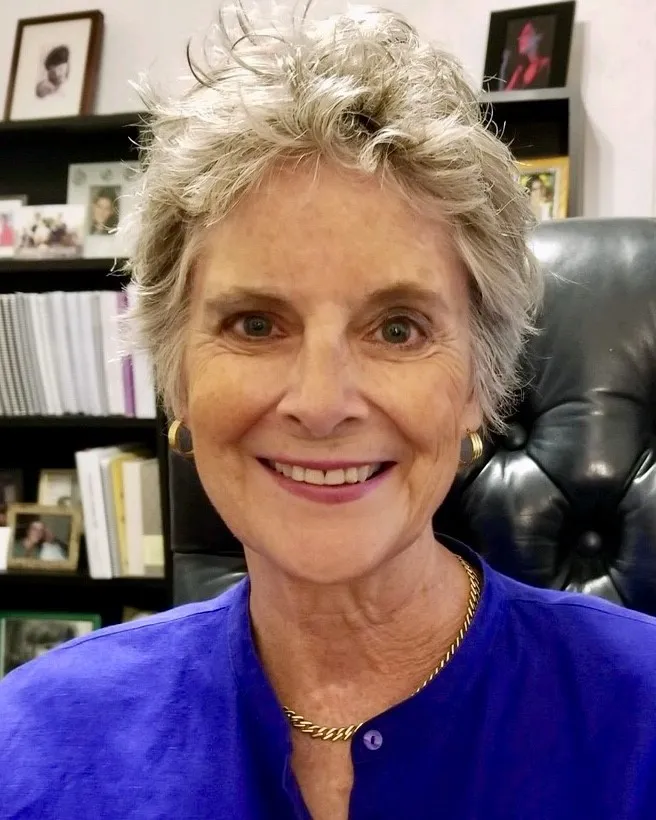
Innovations Institute, at the UConn School of Social Work, and its national family organization partner, the Family-Run Executive Director Leadership Association (FREDLA), recently received a five-year grant from the Substance Abuse and Mental Health Services Administration (SAMHSA) to lead the National Training and Technical Assistance Center for Child, Youth, and Family Mental Health (NTTAC). This award marks the second time Innovations Institute has been chosen to lead this vital national resource, following its previous leadership from 2015 to 2020.
The NTTAC serves as the primary engine for training and technical assistance for the implementation of the System of Care approach nationwide designed to better address the prevalence of children’s mental health conditions in the US and the barriers to accessing high quality care. Through this award, Innovations Institute, FREDLA, and their partners and consultants will support SAMHSA’s Children’s Mental Health Initiative and Statewide Family Network grantees, along with states, territories, Tribes, and family- and youth-run organizations, to deliver accessible, comprehensive, effective mental health services. With nearly 20% of youth in the US facing mental, developmental, or behavioral challenges, and fewer than one in five accessing the services they need, the importance of the work of this Center has never been greater.
“We are honored to be selected by SAMHSA, together with FREDLA, to lead the NTTAC once again,” said Michelle Zabel, Executive Director of Innovations Institute. “Having previously led this center, we understand the profound responsibility of this work. We are thrilled to return to this role, bringing both our historical expertise and new advancements to ensure that children, youth, and young adults—and their families—have access to effective, trauma-responsive, and community-based support.”
An evaluation of Innovations Institute’s previous NTTAC demonstrated the effectiveness of its tailored support in increasing capacity to better meet the behavioral health needs of children and youth within states, jurisdictions, territories, and Tribes across the nation. For the current NTTAC, Innovations and FREDLA will lead a powerhouse multi-disciplinary partnership of 11 national organizations to implement this mission:
-
- The Baker Center for Children and Families
- Center for Health Care Strategies
- Education Development Center
- Meadows Mental Health Policy Institute
- National Alliance on Mental Illness
- National Association of State Mental Health Program Directors
- National Council for Mental Wellbeing
- Youth MOVE National
- Zero to Three
Together, this partnership, and a vast array of consultants, provides unparalleled expertise in policy, clinical practice, and family and youth leadership, ensuring a 365-degree approach to transforming mental health systems across the country. The new NTTAC logo serves as a constant reminder that no single entity can solve the youth mental health crisis alone. By utilizing interlocking geometric shapes, the NTTAC brand identity communicates stability, partnership, and the intentional design of a world-class system of care.
Innovations Institute, at the UConn School of Social Work, is a national leader in the implementation of evidence-based practices and systems of care for children, youth, young adults, and their families. By bridging the gap between research, policy, and practice, Innovations provides the specialized expertise necessary to build effective and sustainable public systems. They partner with federal, state, and local entities to drive system transformation that is family-driven, youth-guided, and trauma-responsive.
FREDLA is the national association of family-run organizations dedicated solely to children, youth, and young adults with mental health, substance use, and multi-system challenges, their families, and the agencies serving them. They provide support, consultation, and training within five primary areas: Strategic Solutions, Research and Outcomes, Family-Run Organizations, Workforce Readiness, and Training and Resources. Their network of family-run organizations informs their work, collaborations, research, and advocacy at the local, state, and national levels.
# #


